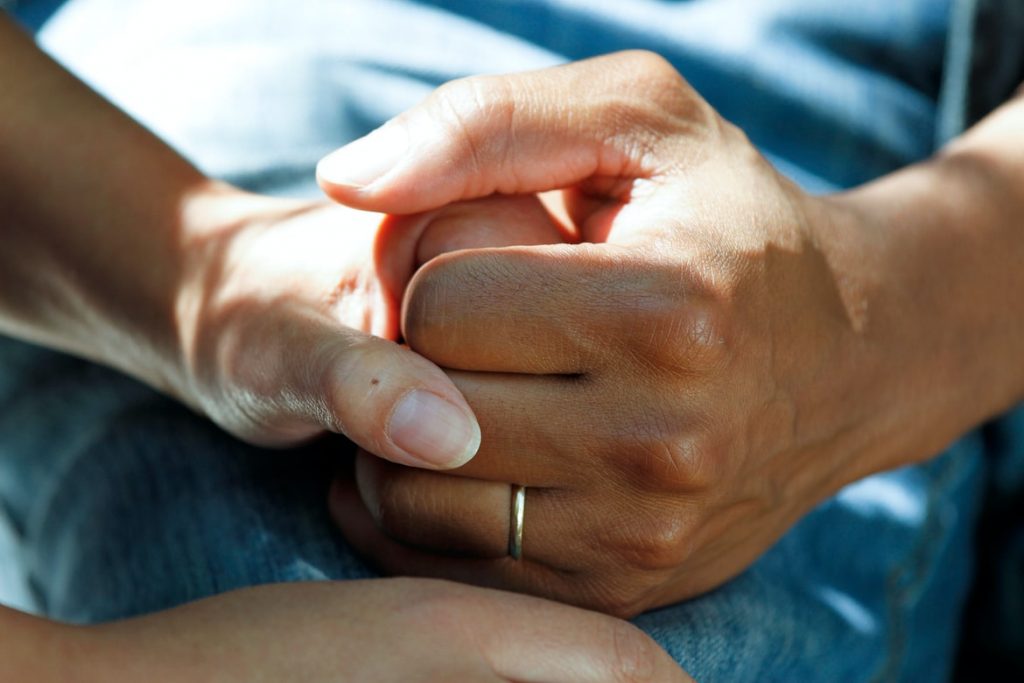
While terms like addiction and addict have a scary connotation, the truth is, most of us are addicted to something. How many people can’t think in the morning without their cup of coffee? How many children are addicted to sugar and have horrific withdrawal symptoms that make school impossible for them when they’ve gone without sugar for a few hours? How many people use shopping, food, working out, or even spirituality as a means of escaping their problems instead of facing them, developing an unhealthy, dependent relationship with these things? Addiction is all around us, but it is something that can be released. The following will explore some of the things that can help you let go of your addictions.
Understand Your Triggers
When we’re addicted to something, we seek it out as a means of avoiding a feeling or mental state we consider negative. The mental state or feeling is the trigger. Addiction cannot be tackled unless triggers are examined and addressed. If this step is skipped, more than likely, you’re going to transfer from one addiction to another because you haven’t learned how to work with your trigger. We’ve all seen that friend who quit smoking only to end up addicted to gum or candy.
The next time you feel the urge to do whatever it is that you’re trying to stop doing, step back and journal it out. What are you feeling? What purpose is this feeling trying to serve? Almost always, feelings that we deem negative are attempting to protect us or serve a noble purpose, even if it feels like the opposite. Take social anxiety, for instance—the experience of extreme anxiety and discomfort when facing social situations that are sometimes so aggressive a person will avoid social interaction. As terrible as it feels, this emotion is an attempt to protect ourselves from experiencing embarrassment in social situations. Once you understand the feeling’s intent, see if you can meet that need another way. In our example, you’d ask yourself if there are other routes to feeling safe in social environments besides being so nervous that you skip them entirely.
Explore The Root Of Your Addiction
Just like each trigger you experience is part of a system you’ve developed to keep yourself safe and have your needs met (even when it feels like it’s harmful), your addiction was something that evolved over time in your life to meet one or more of your needs. It’s a good idea to spend some time exploring the root causes of your addiction. You can do this alone or with professionals who handle Mental Health & Substance Abuse Treatment. It’s okay if this process takes time. Often unmet needs early on in childhood are painful to think about. It’s okay to take breaks. It’s okay to set down a realization and return to it later.

Practise Meeting Your Own Needs
Once you realize how out of hand things can get when your basic needs aren’t met (food, water, bathroom breaks, rest, physical affection, emotional support, identity-building acknowledgment, etc.), it becomes really important to address and meet your own needs. This can be especially difficult for people who have chronically unmet needs (which is most addicts). Practice listening to your mind, body, and emotions and responding to needs when they arise. Not twenty minutes from now when you’re done whatever task you’re working on. Address them now.
Forgive Yourself
One of the biggest inhibitors to recovering from addiction is the concept of forgiveness. Particularly if we have acted in ways we view negatively due to our addiction, we can sometimes feel like we don’t deserve to live a life of freedom away from our addiction. If one or both of your caregivers growing up were also addicts, you might have the additional struggle of feeling like solving your addiction means that they too could have solved theirs but chose not to, which can cause feelings of worthlessness or lack of love as we feel like we weren’t enough of a motivator for them to quit. We need to forgive ourselves, and, in particular, we need to forgive our addiction. It might even be helpful to write about your addiction or speak to it as if it were a person. Try saying something like: I understand that you were only protecting me from pain. Thank you for that. In previous years, I wasn’t strong enough to handle the pain you hid from me. But I am strong enough now.
Be Patient With Your Emotional States
You might be surprised by the strength of the emotions that arise when you stop using whatever it is you’re addicted to. This is part of the process. It is vital that you don’t turn to another coping mechanism to cover up these feelings. Instead, you need to feel them. They will leave once they have expressed themselves. If you choose to avoid feeling them by returning to your addiction or by seeking out other methods or habits, the feelings are still going to be there, waiting, causing havoc in one way or another, getting louder until they are heard. The only way to let them go is to let them run their course. Yes, this is hard. There’s a reason you’ve been avoiding feeling these things.
If you have support in your life, you might want to talk about what arises with an encouraging friend or professional. If you would rather be alone with the feelings, consider writing them down on a page and then burning the page. Rituals that include symbolic release can help your mind and body let go of emotion once it has been heard.
The above tips can help you find the root source of your addiction and address the root making it far easier to let go of an addiction. This process might involve you needing to make changes in your life. If something or someone is unsafe, you may need to remove it from your life in order to continue healing the root cause of your addiction.
It is also important to note that some addictions are dangerous to quit cold turkey and alone. If you are attempting to stop using alcohol, you might want to do this in a supervised medical environment as the body can grow so dependent on alcohol that the heart struggles without it in the system.
Recent Posts
Are You Experiencing Ankle Pain? Here Are A Couple Of Solutions
No one likes to experience physical pain, whether it's because of a medical condition, injury, or simply old age. Ankle pain is something that many people battle with, and it can make it hard to walk...
6 Simple Zen Steps to Stop Comparing Yourself to Other People
Whether we realize it or not, we constantly compare ourselves to others. Whether it's physically or through social media, we constantly look for signs of other people's success or failure and...
